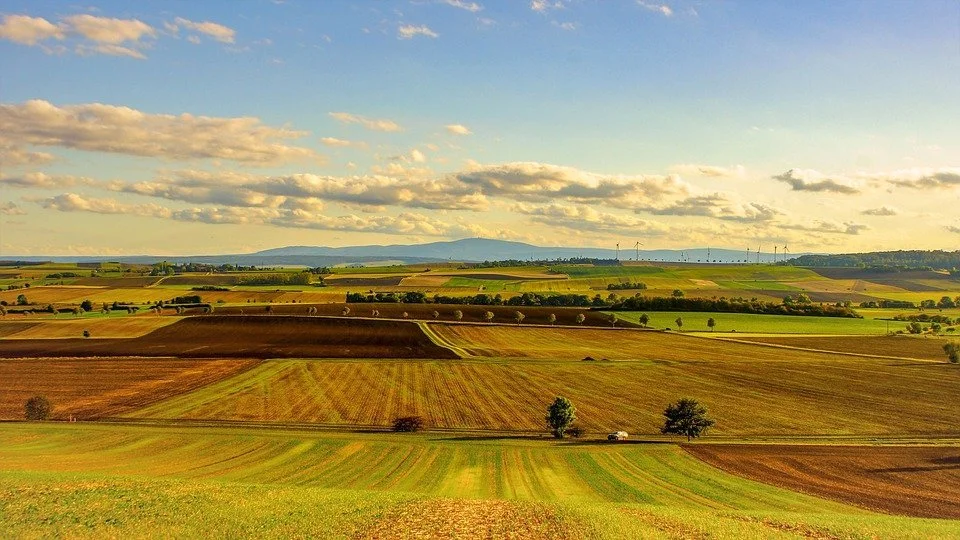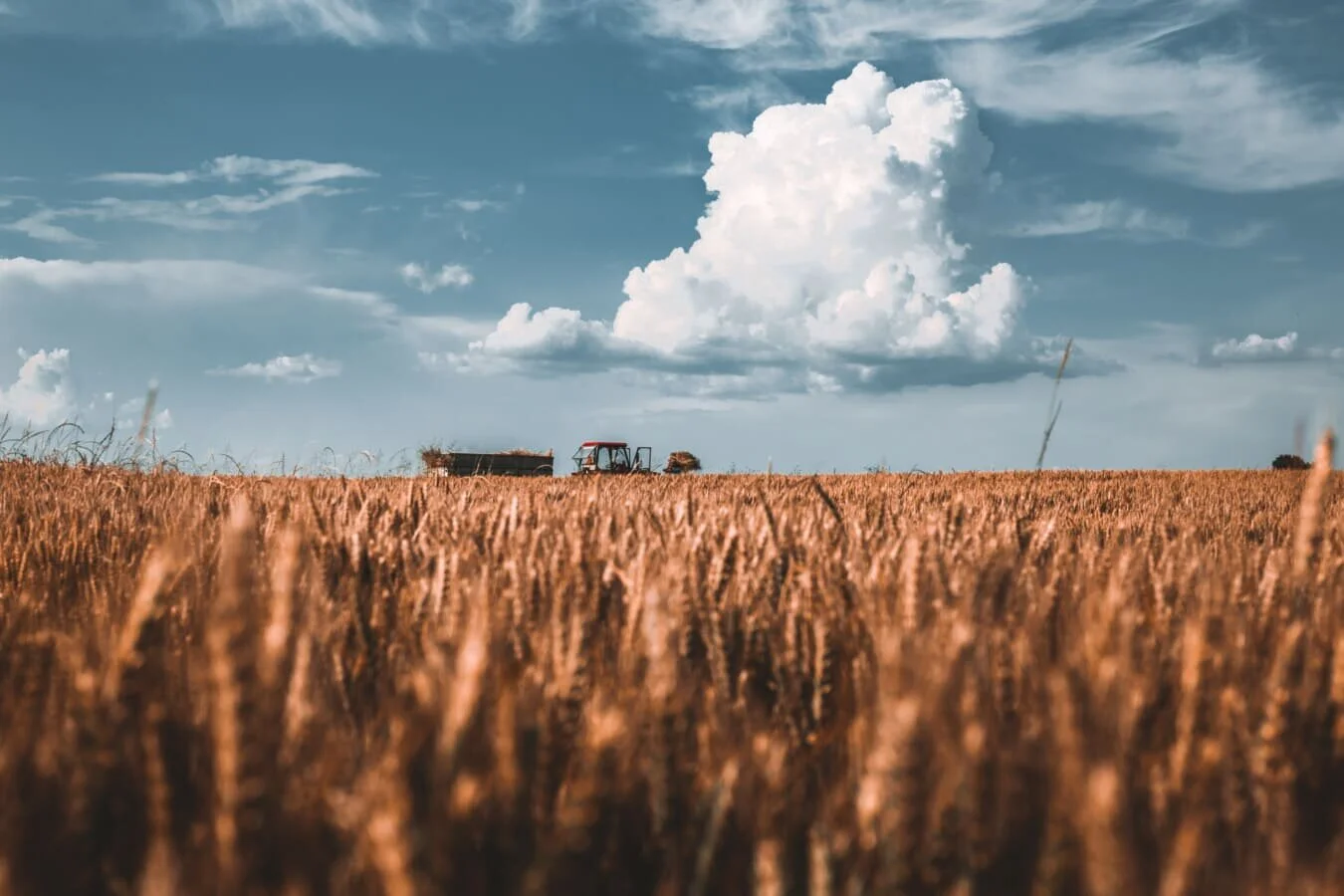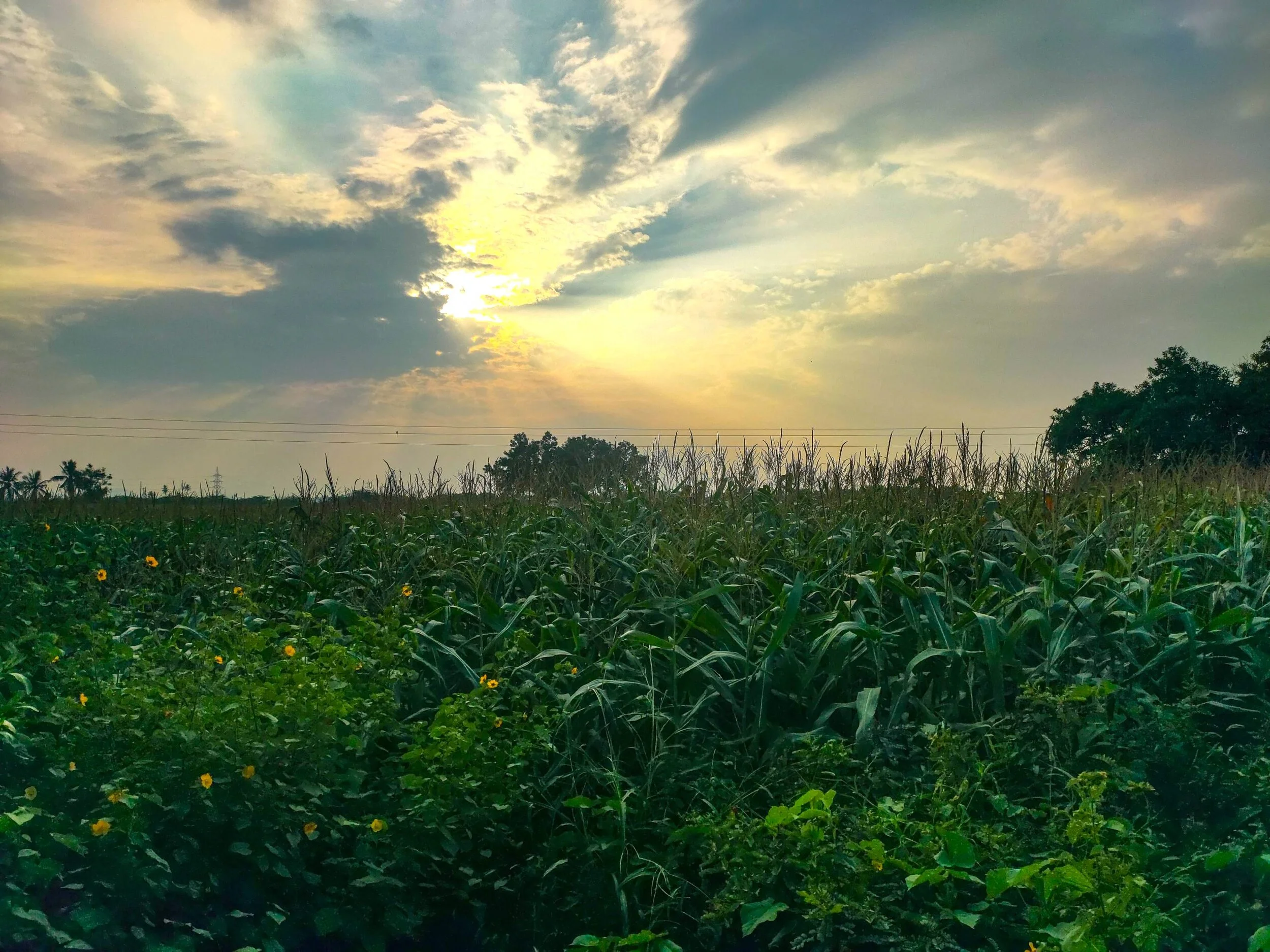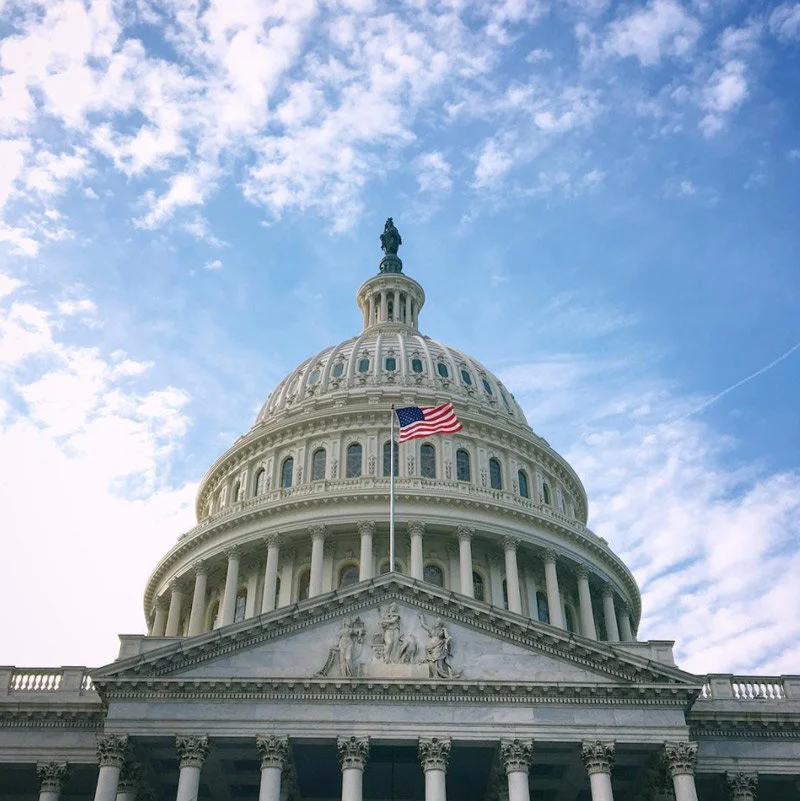Land Core is pleased to provide this input jointly with OpenTEAM in response to USDA’s request for information on the Climate-Smart Agriculture and Forestry (CSAF) Partnership Program. In order to ensure CSAF strategies are successful and maximize benefits to producers, the following comments focus on agency-level actions USDA can take to: (1) support whole ecosystem function and create diverse economic opportunities for producers, (2) provide baseline soil health indicators and standardized monitoring, reporting and verification (MRV) protocols, (3) create a voluntary outcomes-based soil health program, (4) develop an integrated strategy for data collection, re-use, privacy, aggregation and security, (5) leverage and expand existing conservation programs, technical assistance and research, and (6) reach historically underserved producers. We invite questions and the opportunity to meet with USDA to expand on these recommendations.
Read MoreWith the shaved-down Build Back Better Act reintroduced yesterday as a $1.75 trillion bill, we're happy to share that the provisions for climate-smart ag were left almost unchanged, delivering a historic $27.15 billion for USDA conservation programs - the biggest investment in conservation since the dust bowl! A big thanks & congratulations to so many of you for your advocacy. We’re not at the finish line yet, but we can see it from here.
Read MoreThe Build Back Better Act was reintroduced yesterday as a $1.75 trillion bill, down from its original $3.5 trillion. While there were cuts to many portions of the bill, we are thrilled to share that the provisions for climate-smart agriculture were left practically untouched - delivering a historic $27.15 billion for USDA conservation programs. This is the largest investment in conservation since the dust bowl!
Read MoreMany of the big policy issues we have been discussing and sharing with you over the last few months are being decided on in the coming days. Thank you all for everything you’ve been doing to advance this work, and we will be watching closely to see where things land.
Read MoreIn this series of conversations, our co-founder & executive director, Aria McLauchlan, chats with Carrie Dorr (seasoned entrepreneur & founder of Pure Barre, and Land Core board member!) about regenerative agriculture & soil health, Land Core’s work, and ways to get involved.
Read MoreThe GCSA represents a significant opportunity for business to harness the economic and environmental potential of improved land management, and recognizes the vital role USDA can have in providing meaningful infrastructure to enable US farmers, ranchers and foresters to access private sector capital and empower new market development.
By focusing, beyond carbon, on a broader ecosystem services market approach, and standardizing monitoring, reporting and verification (MRV) protocols, this Committee can ensure the GCSA does not miss the mark on this enormous opportunity to support soil health and climate-resilient agriculture.
In this wide ranging discussion with NCAT's Agricultural and Natural Resource Economist Jeff Schahczenski, Land Core’s co-founders talk about our work, theory of change and their backgrounds, and take a deep dive into the Land Core Risk Model and its potential to transform US Agriculture.
Read MoreWe’re absolutely thrilled to announce that Land Core has been awarded a generous 3-year operating grant from the Mighty Arrow Family Foundation to support our federal policy and advocacy work to advance soil health for a resilient food system that delivers healthy food to all.
Read MorePolicy updates, a new grant announcement, fall events, and more. We hope you can take the opportunity to reflect on the immense work done by our collective movement this summer to raise awareness about the need to build a resilient, soil health-focused US agriculture.
Read MoreThe Senate today passed a $3.5 trillion budget resolution as part of the President's infrastructure agenda, which would give $135 billion to the agriculture committee to allocate over the next 10 years. We're calling on Congress to use these funds to double the investment in USDA conservation programs and double technical assistance funding to help producers build a soil health-centered, climate-smart agriculture.
Read MoreIt has been another big week, and month, at Land Core as we have been working hard to ensure soil health and climate-resilient agriculture are included in the historic infrastructure legislation on the table in Washington.
Read MoreRisk-informed pricing is a market-based path forward to pay for the transition to resilient, climate friendly, soil health practices, and can also address some of the challenges that carbon markets, while they may hold enormous potential in the coming years, are ill-suited to address.
Read MoreThe passage of the Growing Climate Solutions Act (GCSA) in the Senate last week reflects the growing recognition of the essential, positive role our agricultural producers will play in coming climate mitigation strategies. This month, we share a policy memo outlining how recognizing the risk-mitigation value of soil health could unlock the pathway to carbon markets, while addressing several persistent issues with equity and access.
Read MoreIt is essential to acknowledge that on-farm resilience is at the core of how we ensure the stability and reliability of our agricultural supply chain, and that soil health, in turn, is at the center of on-farm resilience.
USDA has an opportunity to increase the resilience of our suppliers and encourage our growers and livestock producers to adopt soil health practices in order to de-risk our national food, fuel and fiber supply chains through non-legislative actions that can be initiated by setting agency priorities and enacting the following concrete recommendations.
Read MoreCompeer Financial and Land Core have announced a new partnership in which the member-owned Farm Credit cooperative will support the soil health non-profit’s cross-sector initiative to build a predictive model of the risk-mitigating benefits of soil health practices… “The Land Core Risk Model will give financial service providers the missing tools they need to quantify the risk reduction benefits of soil health practices,” said Harley Cross, Co-Founder and Director of Strategy at Land Core.
Read MoreWe’re thrilled to announce that Compeer Financial (the third-largest cooperative in the Farm Credit System, with over $25 billion under management) will be partnering on the development of the Land Core Risk Model. Read on to learn the impact this will bring to the project, and catch additional policy wins & opportunities.
Read MoreLand Core and 450+ businesses and organizations have urged Congress to invest $200 billion into a more resilient US agriculture through the President's infrastructure package. Thanks to all who signed on to this critical initiative, and please continue to share the letter with your networks and Members of Congress. We cannot let US ag be left out of a major infrastructure and jobs act.
Read MoreThere’s a unique opportunity at hand for organizations (and individuals) invested in soil health to support getting agriculture its fair share of the President’s proposed $2.2 trillion infrastructure package. Join a growing group of legislators, organizations & businesses in calling for Congress to prioritize climate-resilient agriculture now.
Read MoreWith Spring in full swing, we are wishing our farmer and rancher friends across the country the very best during one of the busiest times of year. It has been an equally action-packed month in Congress, with multiple opportunities emerging to advance soil health. Read on for federal policy highlights, our comments to USDA on risk mitigation as an essential approach to incentivizing soil health, and more.
Read More




















